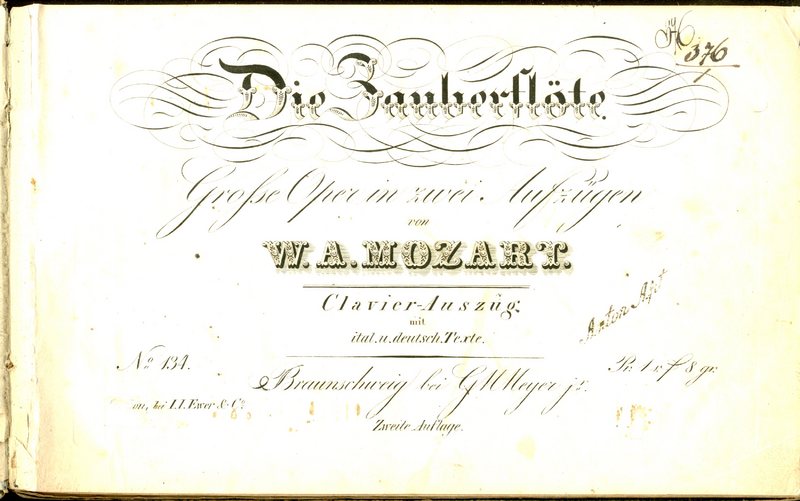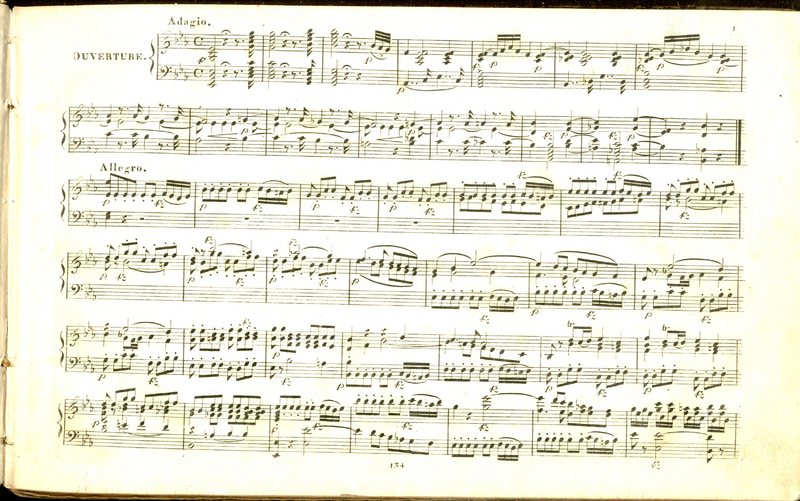The Magic Flute (German: Die Zauberflöte), is an opera in two acts by Wolfgang Amadeus Mozart to a German libretto by Emanuel Schikaneder. The work is in the form of a Singspiel, a popular form that included both singing and spoken dialogue.The work premiered on 30 September 1791 at Schikaneder's theatre, the Freihaus-Theater auf der Wieden in Vienna.
The Magic Flute is noted for its prominent Masonic elements. Schikaneder and Mozart were Masons and lodge brothers, as was Ignaz Alberti, engraver and printer of the first libretto. The opera is also influenced by Enlightenment philosophy, and can be regarded as an allegory advocating enlightened absolutism. The Queen of the Night represents a dangerous form of obscurantism or, according to some, the anti-Masonic Roman Catholic Empress Maria Theresa, or, according to others, the contemporary Roman Catholic Church itself, which was also strongly anti-Masonic (see Papal ban of Freemasonry). Her antagonist Sarastro symbolises the enlightened sovereign who rules according to principles based on reason, wisdom, and nature. The story itself portrays the education of mankind, progressing from chaos (the serpent) through religious superstition (the Queen and Ladies) to rationalistic enlightenment (Sarastro and Priests), by means of trial (Tamino) and error (Papageno), ultimately to make "the Earth a heavenly kingdom, and mortals like the gods" ("Dann ist die Erd' ein Himmelreich, und Sterbliche den Göttern gleich"); this couplet is sung in the finales to both acts.
http://en.wikipedia.org/wiki/The_Magic_Flute
Wolfgang Amadeus Mozart (1756 – 1791), was a prolific and influential composer of the Classical era. He composed over 600 works, many acknowledged as pinnacles of symphonic, concertante, chamber, operatic, and choral music. He is among the most enduringly popular of classical composers, and his influence on subsequent Western art music is profound; Ludwig van Beethoven composed his own early works in the shadow of Mozart, and Joseph Haydn wrote that "posterity will not see such a talent again in 100 years."
http://en.wikipedia.org/wiki/Wolfgang_Amadeus_Mozart
Emanuel Schikaneder (1751 – 1812), was a German impresario, dramatist, actor, singer and composer. He wrote the libretto of Wolfgang Amadeus Mozart's opera The Magic Flute and was the builder of the Theater an der Wien.
http://en.wikipedia.org/wiki/Emanuel_Schikaneder


